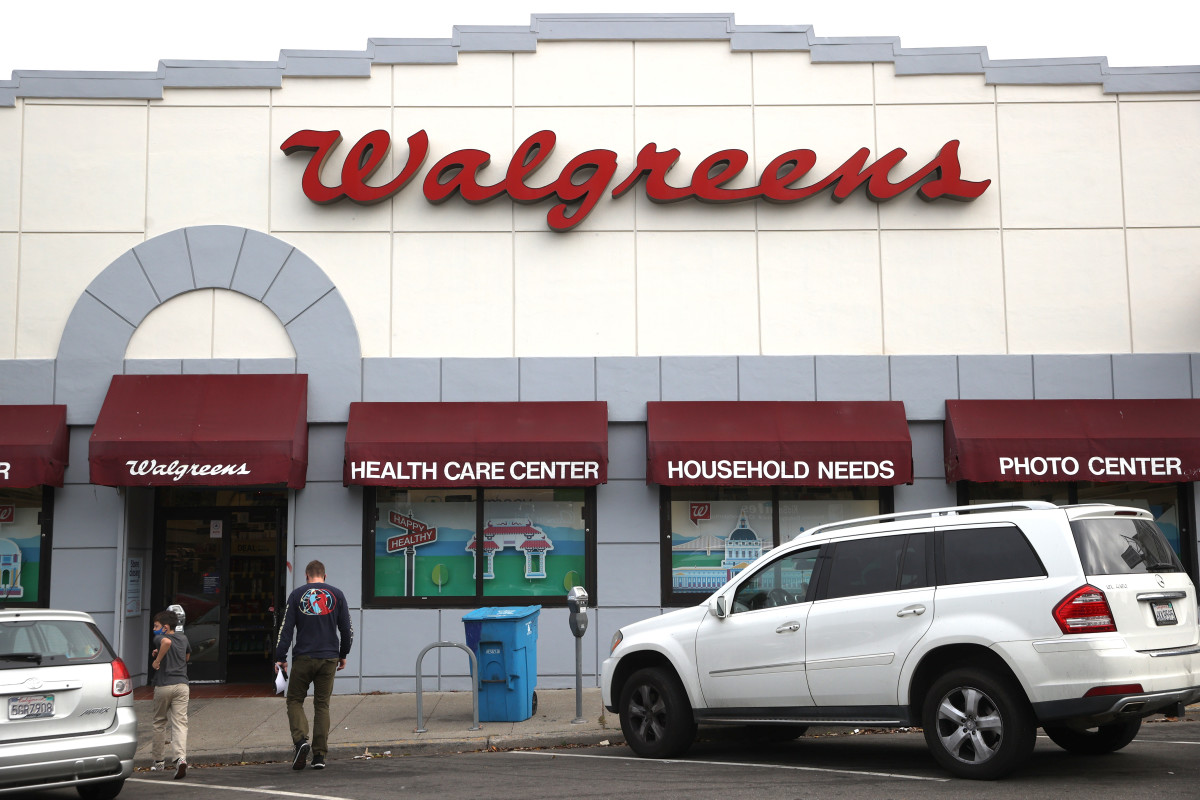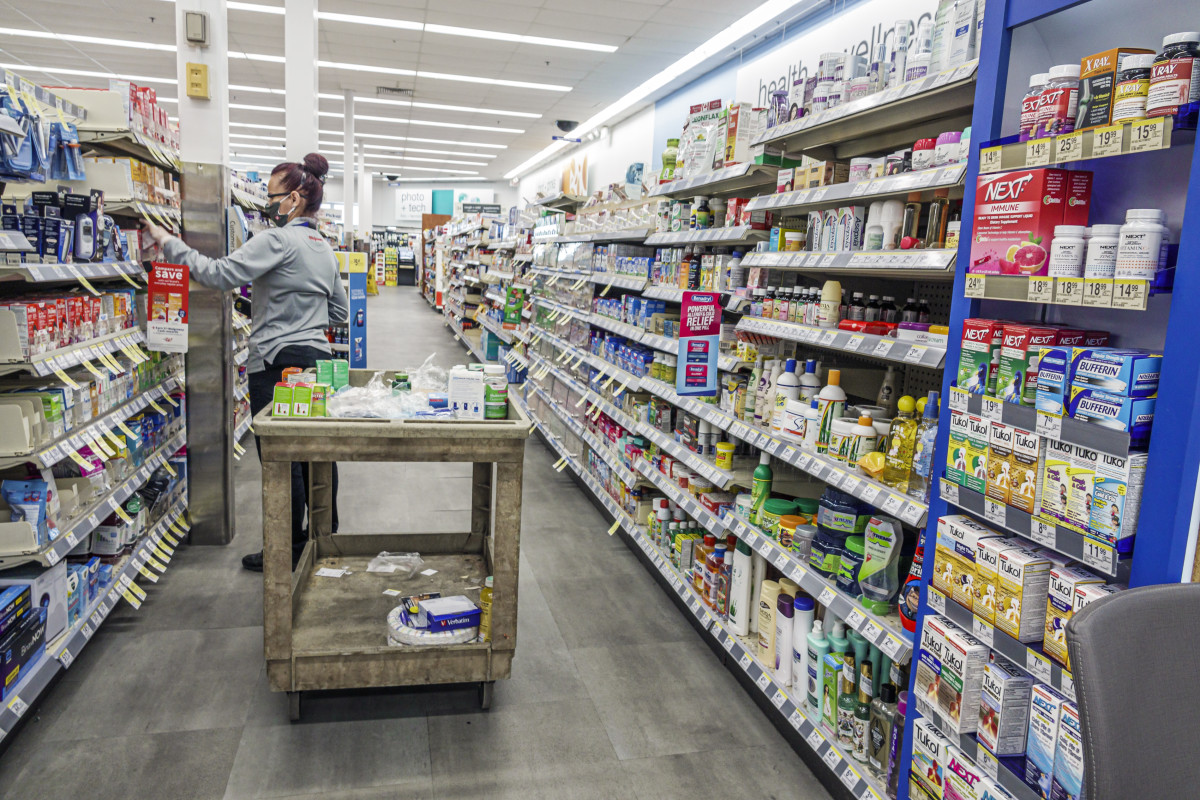
Earlier this month, Walgreens (WBA) -) CEO Rosalind Brewer abruptly resigned after less than three years at the post.
Brewer was instrumental in an overhaul of the chain: She was in charge of the drugstore's ambitious vaccine-rollout plan during the pandemic and helped to put 70 million jabs in arms across all branches.
DON'T MISS: Here's what it's like at the most shoplifted Walgreens in the U.S.
"Roz navigated the company through the global pandemic, overseeing the critical rollout of vaccines in Walgreens pharmacies and to high-risk populations across the country," Executive Chairman Stefano Pessina said of Brewer following her departure.
Sometimes, though, what got you where you needed to be won't necessarily get you where you need to go. So Brewer and Walgreens mutually agreed to go their separate ways on Sept. 1.
In her resignation, Brewer said "I look forward to watching the company continue its transformation to deliver localized health care."
And localized health care is exactly where Walgreens appears to be focusing.
Despite its struggles in some cities, including high-crime areas in San Francisco — where shoplifting is rampant and some locations have been forced to chain up high-value targets like frozen food and paper towels — the chain isn't losing faith in its localized approach.

Walgreens makes a big move toward health care
It's hard to say that anybody saw Brewer's departure coming. But as Walgreens promised to bring on a leader with "deep health-care experience to lead in today’s dynamic environment," as Chairman Pessina put it, the drugstore is clearly looking to scale up its consumer-facing health initiatives.
On Tuesday, we started to get a clearer picture of what that initiative might look like. Walgreen announced a partnership with Pearl Health Partners to expand the reach of its health-care options with primary-care physicians, in the name of lower cost and easier accessibility.
"Value-based programs reward health-care providers with incentives based off the quality of care they give to individuals with Medicare," Pharmacy Times explains. "They were created to reform how health care is delivered and paid for. This large quality strategy is intended to provide better care for patients, better population-level health, and lower costs.
"These programs are essential because they help pay providers based on the quality of care, rather than the quantity of care, they give to individuals."
The role of Pearl Health, New York, in this partnership will be crucial. It's a primary-care-enablement company, which means it helps bridge the gap between independent primary-care practitioners and cost-saving opportunities, like software upgrades and other services that might help bring down costs and improve care.
The hope is that the partnership will help bolster Walgreens' initiative to expand people's access to primary care. Over the past several years it's been steadily doing deals to accelerate its care ambitions. Some of these deals include:
- Partnership with VillageMD worth $5.2 billion (2020)
- Acquired Summit Health for $9 billion (2022)
- Acquired remainder of CareCentrix for $392 million (2022)
- Bought Shields Health Solutions for $1.4 billion (2022)
Walgreens: Accessing customers where they are
The new partnership with Pearl Health will further enable the drugstore to access customers where they are.
"Walgreens will provide complementary services, including prescription fulfillment, medication adherence, immunizations, care-gap closure and diagnostic testing. Walgreens will also work with providers to help patients discharged from the hospital transition to home," a news release reads.
It also marks another notch in the race against CVS (CVS) -) to provide quick, easy, and affordable primary care around the nation for customers.
CVS offers its own insurance product, Aetna CVS Health. Through Caremark, it also has one of the three largest legacy pharmacy-benefit managers, which takes care of prescription benefits and liaises between drug manufacturers and insurance companies.
Of course, CVS also offers MinuteClinic in many locations, which offers on-site walk-in health care for a variety of services, including vaccines and illness or injury treatment.
Walgreens, for its part, is hoping its slew of partnerships will help it get ahead of the pack, even though it may have been slower on the rollout.
"Walgreen's edge is to be a partner with everyone," John Driscoll, Walgreens president for health care, told Axios.
Receive full access to real-time market analysis along with stock, commodities, and options trading recommendations. Sign up for Real Money Pro now.







